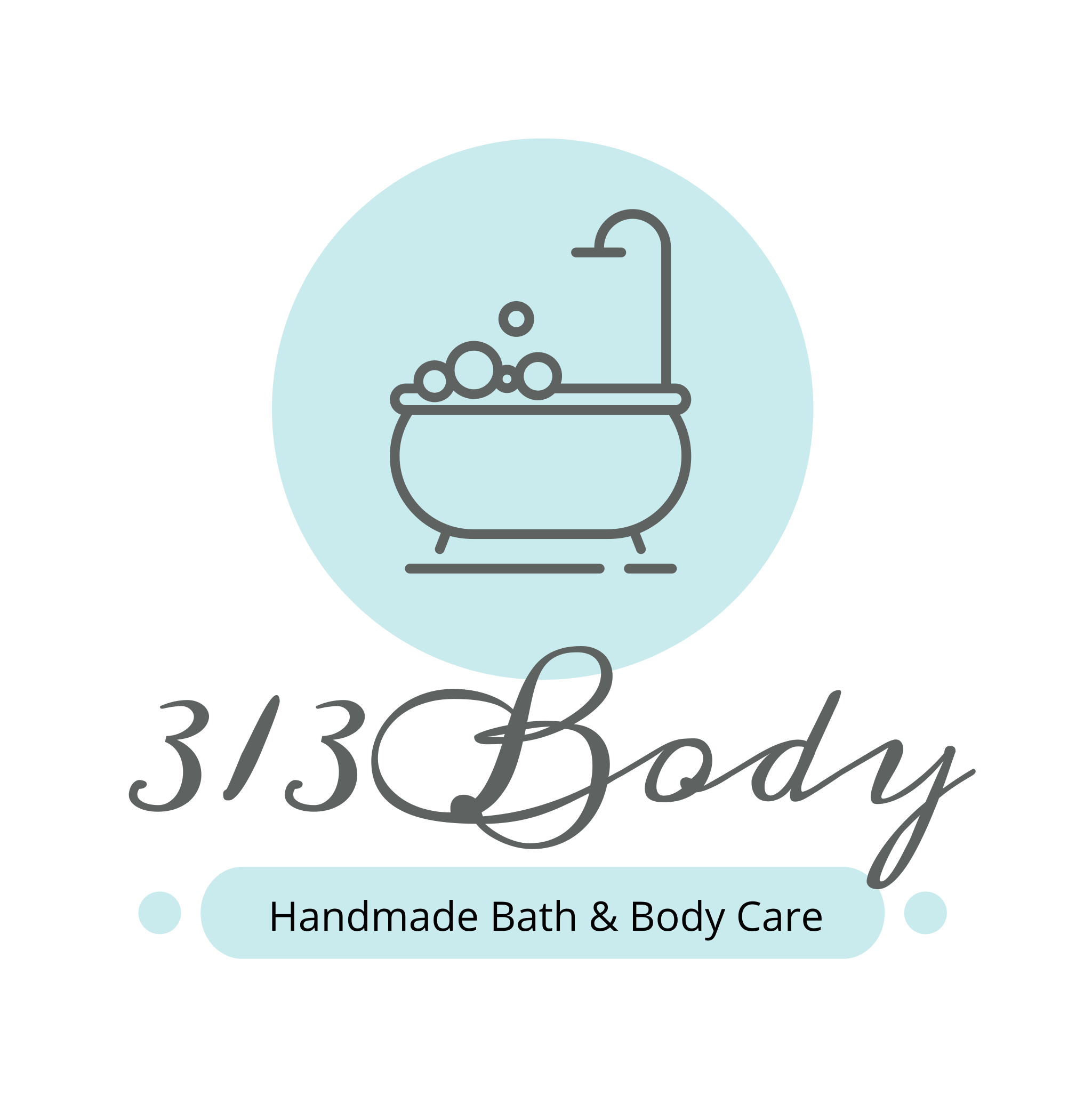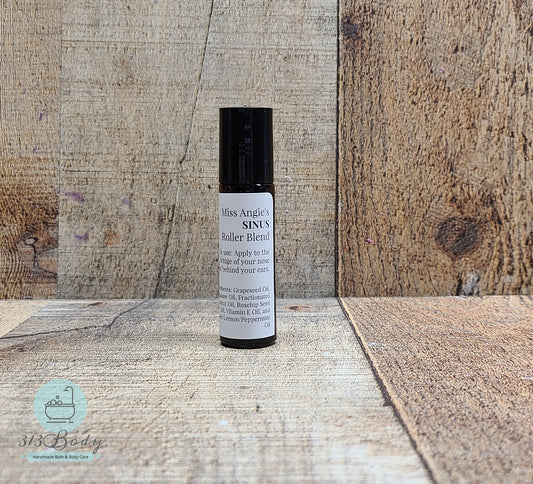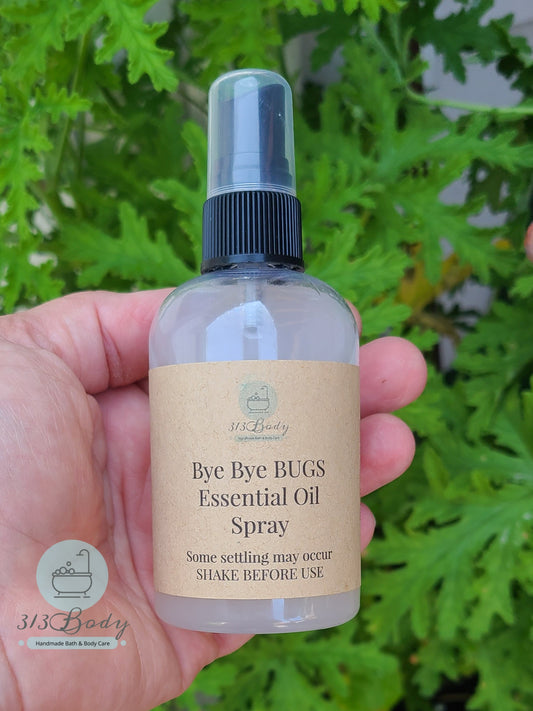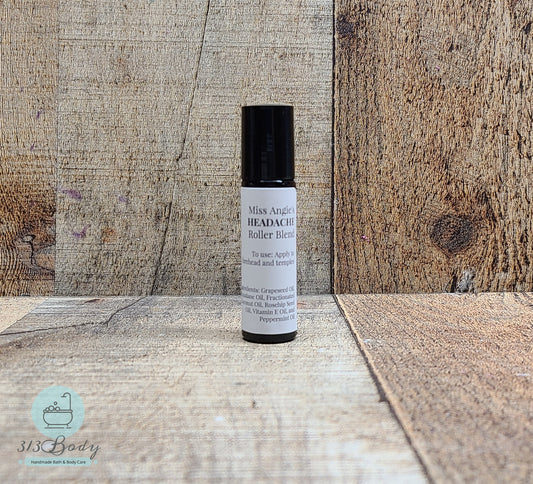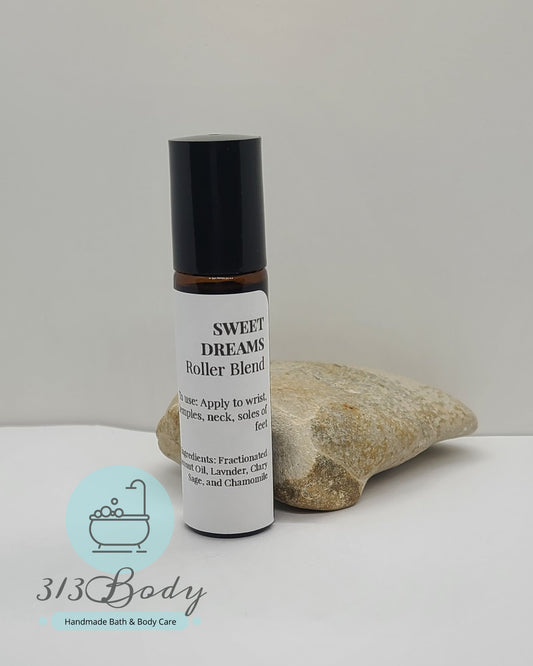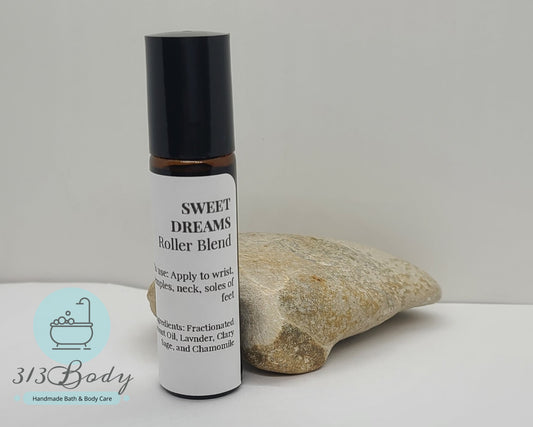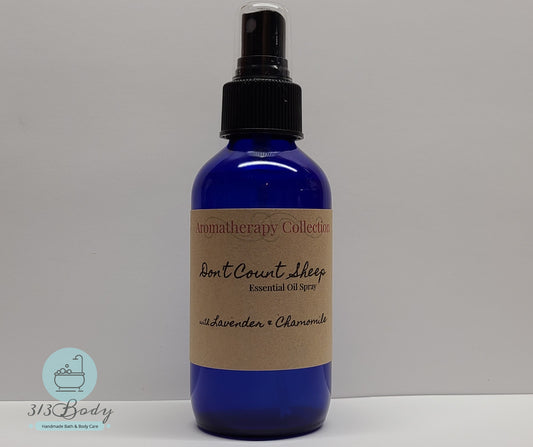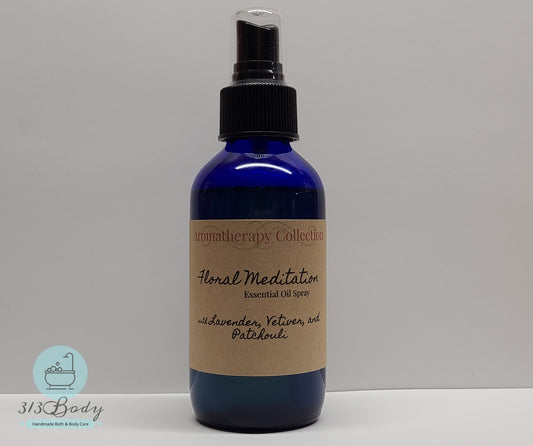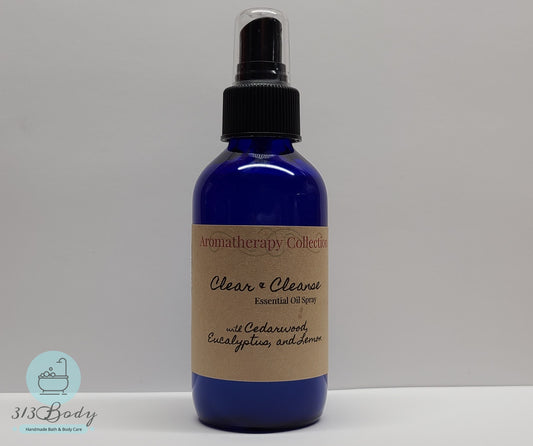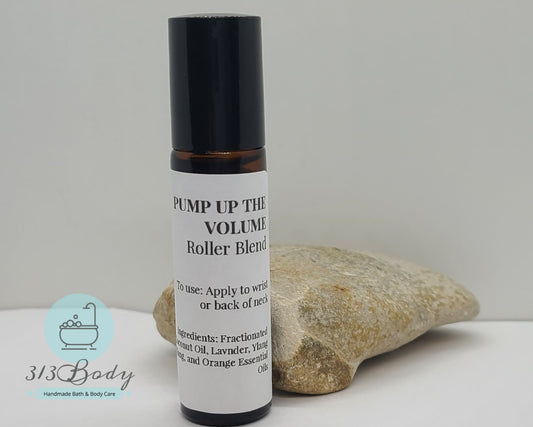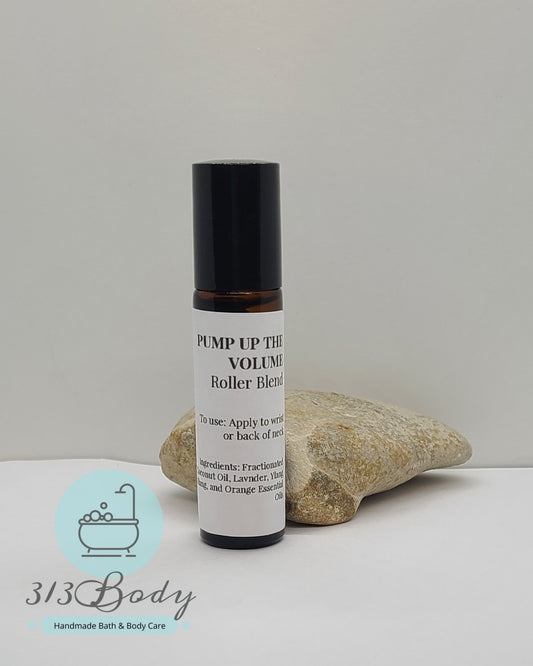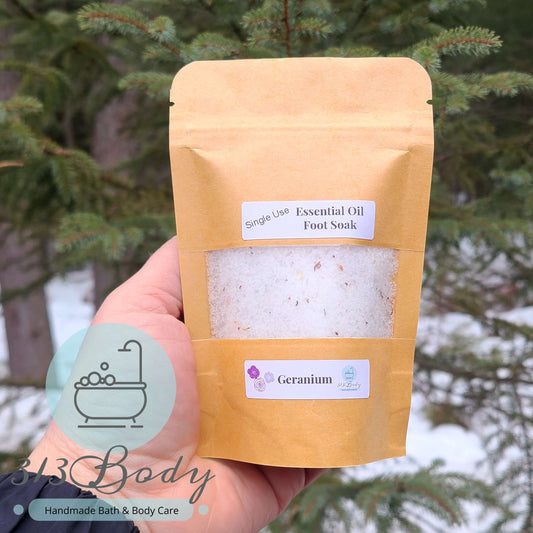Aromatherapy, or essential oil therapy, refers to a range of traditional, alternative or complementary therapies that use essential oils and other aromatic plant compounds. It's a holistic healing treatment that uses natural plant extracts to promote health and well-being. Aromatherapy uses aromatic essential oils medicinally to improve the health of the body, mind, and spirit. It enhances both physical and emotional health.
Essential oils have been used for nearly 6,000 years, with the aim of improving a person’s health or mood.
What is Aromatherapy? Aromatherapy may promote relaxation and help relieve stress. It has also been used to help treat a wide range of physical and mental conditions, including burns, infections, depression, insomnia, and high blood pressure.
A range of essential oils have been found to have various degrees of antimicrobial activity and are believed to have antiviral, nematicidal, antifungal, insecticidal, and antioxidant properties. Aromatherapy applications include massage, topical applications, and inhalation.
However, users should be aware that “natural” products are also chemicals, and they can be hazardous if used in the wrong way. It is important to follow the advice of a trained professional when using essential oils.
Topical applications: massage oils, and bath and skin care products are absorbed through the skin. Massaging the area where the oil is to be applied can boost circulation and increase absorption. Some argue that areas that are richer in sweat glands and hair follicles, such as the head or the palms of the hand, may absorb the oils more effectively.
Essential oils are never applied directly to the skin. They must always be diluted with a carrier oil. Usually, a few drops of essential oil to an ounce of carrier oil is the concentration. Most common carrier oils are sweet almond oil or olive oil.
Allergy test should always be done before an Aromatherapy treatment. To do an allergy test:
- Dilute the essential oil in a carrier oil at twice the concentration you plan to use
- Rub the mixture into an area the size of a quarter on the inside of the forearm
If there is no allergic response within 24 to 48 hours, it should be safe to use.
Aromatherapy is a complementary therapy. It does not provide a cure for diseases, rashes or illnesses, but it can support conventional treatment of various conditions.
It has been shown to reduce Nausea, Pain, Body Aches, Anxiety, Agitation, Stress, Depression, Fatigue, Insomnia, Muscular aches, Headaches, Circulatory problems, Menstrual problems, Menopausal problems, Alopecia, Hair loss, and Psoriasis. You may find relief with aromatherapy, but a healthcare professional should advise about use and application.
What do essential oils do?
Different oils have different uses and effects.
- Basil essential oil is used to sharpen concentration and alleviate some of the symptoms of depression. It may relieve headaches and migraines. It should be avoided during pregnancy.
- Bergamot essential oil is said to be useful for the urinary tract and digestive tract. When combined with eucalyptus oil it may help relieve skin problems, including those caused by stress and chicken pox.
- Black pepper essential oil is commonly used for stimulating the circulation, muscular aches and pains, and bruises. Combined with ginger essential oil, it is used to reduce arthritis pain and improve flexibility.
- Chamomile essential oil can treat eczema
- Citronella essential oil is a relative of lemongrass and acts as an insect repellent
- Clove essential oil is a topical analgesic, or painkiller, that is commonly used for toothache. It is also used as an antispasmodic antiemetic, for preventing vomiting and nausea, and as a carminative, preventing gas in the gut. It has antimicrobial, antioxidant and antifungal properties.
- Eucalyptus essential oil can help relieve the airways during a cold or flu. It is often combined with peppermint. Many people are allergic to eucalyptus, so care should be taken.
- Geranium essential oil can be used for skin problems, to reduce stress, and as a mosquito repellant.
- Jasmine essential oil has been described as an aphrodisiac. While scientific evidence is lacking, research has shown that the odor of jasmine increases beta waves, which are linked to alertness. As a stimulant, it might increase penile blood flow.
- Lavender essential oil is used as an antiseptic for minor cuts and burns and to enhance relaxation and sleep. It is said to relieve headache and migraine symptoms.
- Lemon essential oil is said to improve mood, and to help relieve the symptoms of stress and depression.
- Rosemary essential oil may promote hair growth, boost memory, prevent muscle spasms, and support the circulatory and nervous systems. Rosemary essential oil may benefit the nervous and circulatory systems.
- Sandalwood essential oil is believed by some to have aphrodisiac qualities.
- Tea tree essential oil is said to have antimicrobial, antiseptic, and disinfectant qualities. It is commonly used in shampoos and skin care products, to treat acne, burns, and bites. It features in mouth rinses but it should never be swallowed, as it is toxic.
- Thyme essential oil is said to help reduce fatigue, nervousness, and stress.
- Yarrow essential oil is used to treat symptoms of cold and flu, and to help reduce joint inflammation.
